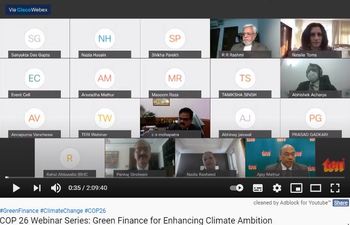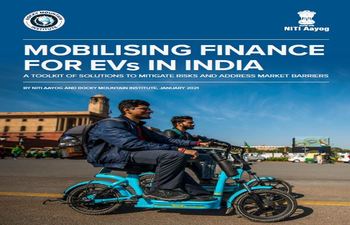Reducing the Cost of Capital: Strategies to Unlock Clean Energy Investment in Emerging and Developing Economies
Publication Year: 2024
Author(s): International Energy Agency
Abstract:
Investment in emerging and developing economies outside China needs to increase more than sixfold by the early 2030s to get on track to limit global temperature rise to 1.5°C. A high cost of capital in these countries makes it much more difficult to attract investment. With growing international attention to this issue, the IEA was tasked by the Paris Summit on a New Global Financing Pact in June 2023 to make recommendations on how to bring down the cost of capital for clean energy investment in EMDs. This report builds on previous IEA analysis and on new survey data collected for the IEA’s Cost of Capital Observatory project. The cost of capital is particularly important for clean energy projects which typically have high upfront costs during development. In EMDEs, the cost of capital is far higher relative to advanced economies and China due to real and perceived risks. Country-related risks such as currency fluctuations or rule of law, and sector- and project-related risks including revenue flows, regulatory uncertainty and access to the grids are among the main concerns for investors. Reducing these risks will be key to lowering the cost of capital and in turn unlocking clean energy investment in the parts of the world that most need it.
Publisher/Organisation: International Energy Agency
Theme: Economic | Subtheme: Financing
Related Documents
Reports
Land Value Capture for Transit Oriented Development
Published Year: 2020
Abstract:
This document is the second knowledge product developed as a part of the technical assistance.... Read More
Opinions/Videos

COP 26 Webinar Series: Green Finance for Enhancing Climate Ambition
Published Year: 2020
Abstract:
The last half-decade has seen a global call to action to tackle climate change and pollution,... Read More
Reports

Mobilizing Finance for EVs in India
Published Year: 2021
Abstract:
India’s transition to electric vehicles (EVs) has advanced rapidly in the past few years... Read More



